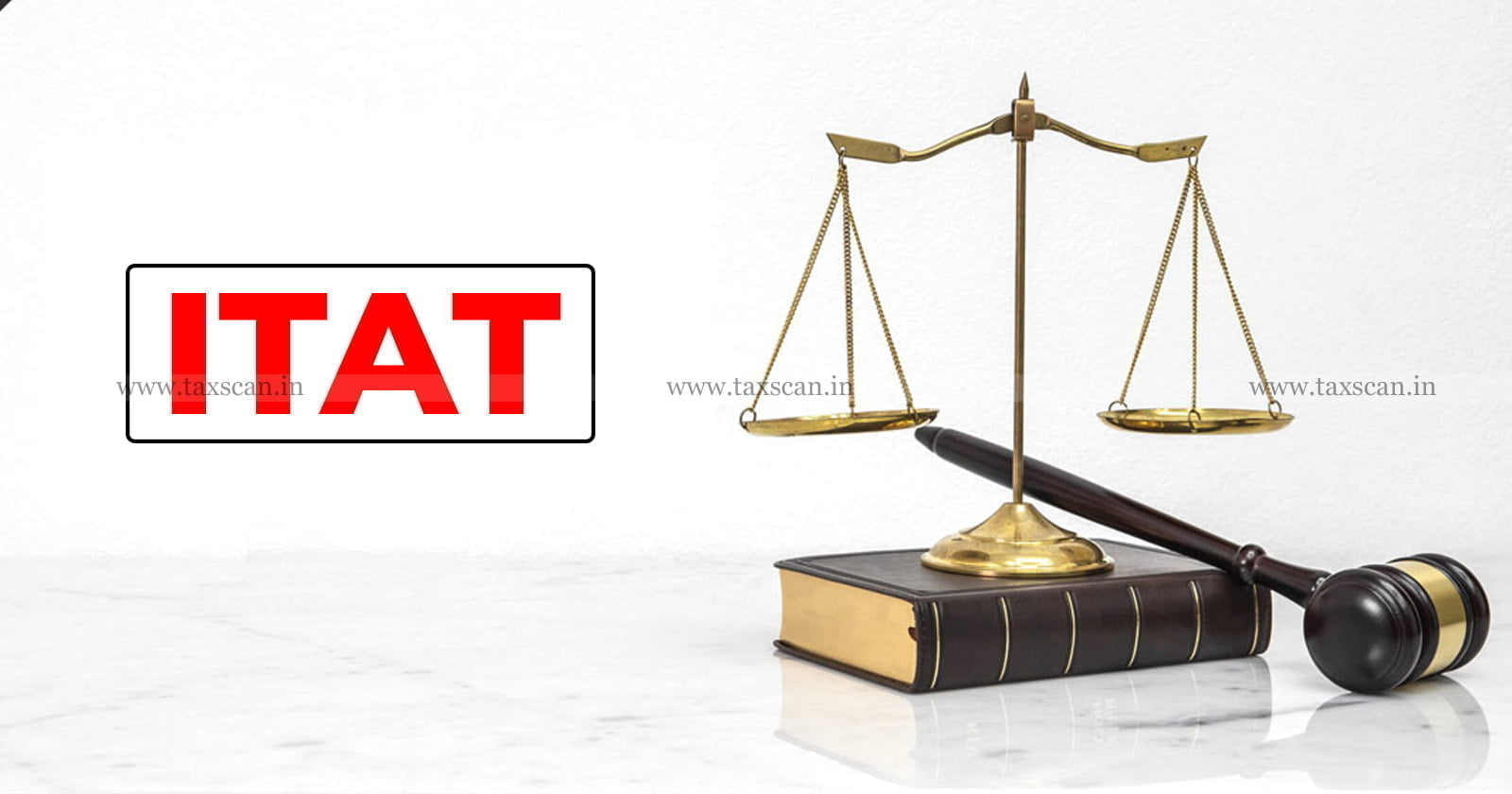Indusind Bank Share Transactions Explained, No Unexplained Cash Deposits: ITAT Quashes PCIT’s Revision u/s 263 [Read Order]
ITAT quashed the PCIT’s Section 263 revision and held that the assessee’s IndusInd Bank share transactions and property purchases were genuine with no unexplained cash deposits.
![Indusind Bank Share Transactions Explained, No Unexplained Cash Deposits: ITAT Quashes PCIT’s Revision u/s 263 [Read Order] Indusind Bank Share Transactions Explained, No Unexplained Cash Deposits: ITAT Quashes PCIT’s Revision u/s 263 [Read Order]](https://images.taxscan.in/h-upload/2025/08/22/2079278-indusind-bank-taxscan.webp)
The Chandigarh Bench of the Income Tax Appellate Tribunal (ITAT) has held that the share transactions of the assessee were genuine and not bogus long term capital gains (LTCG), and deleted the Principal Commissioner of Income Tax’s (PCIT) revisionary order passed under section 263 of the Income Tax Act, 1961, which had treated the cash deposits and property purchases as unexplained.
The assessee, Teena Garg, had purchased shares of IndusInd Bank in April 2009 and sold them in March 2015 for ₹29,88,945, which resulted in a capital gain of ₹28,75,041 and is exempted under section 10(38) of the Act. She had also purchased immovable properties worth ₹36,55,000 and ₹ 2,24,17,500 during the year.
 Also Read:PCIT Orders Reassessment of Investments and FDs u/s 263: ITAT Sets Aside Order, Holds AO Properly Verified Details [Read Order]
Also Read:PCIT Orders Reassessment of Investments and FDs u/s 263: ITAT Sets Aside Order, Holds AO Properly Verified Details [Read Order]
The case was reopened under section 147 on the allegation that she had claimed bogus LTCG of ₹60,65,724 through Lifeline Securities Ltd., an entry operator. The Assessing Officer (AO), after issuing several notices under sections 148 and 142(1), verified the documents produced by the assessee, and completed the assessment accepting the returned income of ₹19,23,970.
The PCIT invoked section 263 and held that the AO failed to properly verify the genuineness of the share purchases and the source of funds for property acquisitions, and set aside the assessment as erroneous and prejudicial to the interests of revenue.
Before the Tribunal, the assessee contended that the AO had made detailed inquiries during reassessment, that all supporting documents, including bank records and loan statements, were produced before the AO and that the PCIT had merely substituted his opinion without conducting any independent verification.
The Bench comprising Vikram Singh Yadav (Accountant Member) and Paresh M. Joshi (Judicial Member) observed that the AO had raised specific queries regarding the alleged bogus LTCG and property transactions, and after considering the assessee’s replies and evidence, consciously accepted her claim. It held that an inadequate inquiry does not empower the PCIT to invoke revision under section 263.
The Tribunal concluded that the assessee’s share transactions were duly explained, the purchase of immovable properties was funded through banking channels and verified sources, and there was no unexplained cash deposit. Accordingly, the Tribunal quashed the PCIT’s revisionary order under section 263 and restored the assessment.
 Also Read:PCIT fails to Assume Jurisdiction u/s 263 as Assessment order issued in Name of Non-Existent Entity: ITAT sets aside Order [Read Order]
Also Read:PCIT fails to Assume Jurisdiction u/s 263 as Assessment order issued in Name of Non-Existent Entity: ITAT sets aside Order [Read Order]
The assessee was represented by Sudhir Sehgal, while Kusum Bansal appeared for the revenue.
Support our journalism by subscribing to Taxscan premium. Follow us on Telegram for quick updates


